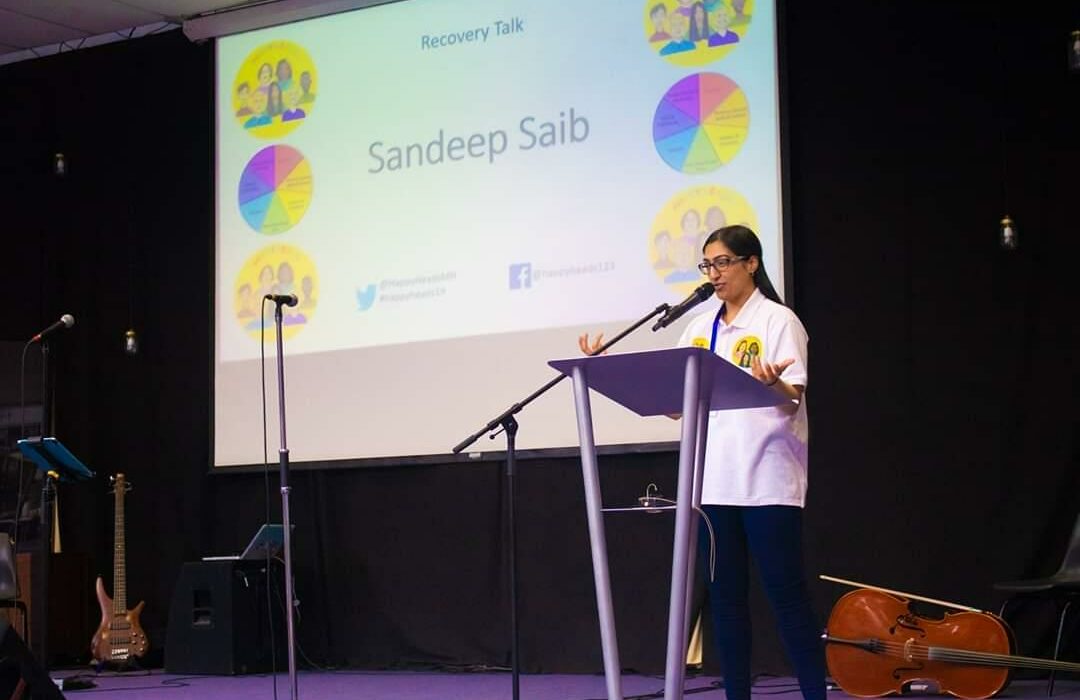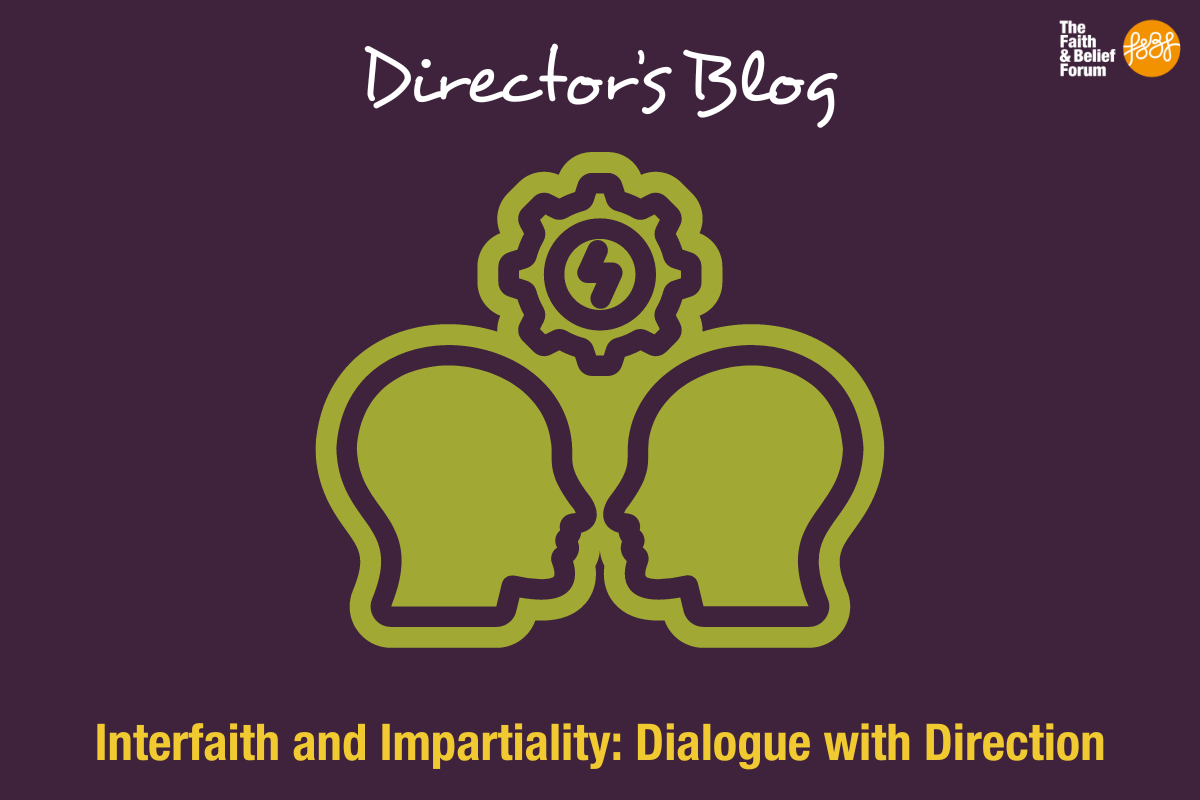
Challenging Faith Based Hate: True Stories
16 / 02 / 24
Menu

22 / 02 / 23

Sandeep Saib has personal lived/living experience (‘expert by experience’) of mental health after being diagnosed with Anorexia Nervosa, Body Dysmorphic Disorder (BDD) and Obsessive Compulsive Disorder (OCD), and also a Suicide Survivor from the years 2012-2014. Nine years later, she is a prolific mental health advocate. But what has shaped Sandeep and is at the very core of her mental health journey is a strong attachment to her Sikhism faith and how that played a real pivotal role. She shares her thoughts with us on the importance of the interconnectivity between faith and mental health.
I’m from a big household (a family of nine) and we are a very close unit. Different generations of the family live together. There are lots of different personalities and every day feels like Christmas so most definitely, my family is my backbone and a big source of support for me for as long as I can remember.
I am proud to be born into the Sikhism faith, a monotheistic spiritual doctrine with philosophy and teachings at the heart of it, where my family and I have always had a close relationship with. For me, being attached to my faith has instilled in me many cultural factors that I hold in high regard today such as giving structure and meaning to behaviours, value systems and experiences, and the strong correlation between religious involvement and spirituality with better health outcomes and quality of life.
However, going through my own mental health illnesses there was a time when I in fact lost sight of my faith entirely. When I was struggling, I was struggling in silence, in my own bubble going through the trials and tribulations with my suffering – unintentionally aware of what I was doing and the effect I was having beyond me, myself and my mind.
That bubble popped when I tried to take my own life and tried doing so in the washrooms of a Gurdwara (temple) – the place of worship for Sikhs – on Friday 29th August 2014, a day before my brother’s birthday celebrations there.
My life changed.
I was saved. Saved by my mum. Saved by my faith.
My faith since has deepened and grown and I also started to appreciate having self-faith in myself, an inward thinking/looking approach.
I am a firm-believer that everything happens for a reason – that God kept me alive to go on to try and help others and become a missionary.
That is exactly what I did.
Mental health advocate is my way of life, my way of being – now and forever.
Moving forward, once a month me and my family get together at a café after visiting the Gurdwara and have what we call a ‘trusted family circle’ chat. We each share our positives and negatives of the last month, our true feelings, thoughts and work through them together. It’s helped all of us to open up, not be ashamed, explore our feelings, intervene early and help each other where we can.
Us Sikhs are encouraged to strive to live in ‘Chardi Kala’ – a Punjabi term for aspiring to maintain a mental state of eternal resilience, optimism, and joy; an acceptance that life ebbs and flows with hardship and to rise above that adversity – this is truthfully reflecting in the world of mental health today. These are the 5 key steps that you may already be aware of but a different way of seeing and interpreting it through ‘Chardi Kala’ and they are:
Biography
Since 2016, Sandeep Saib has been a proud devotee to being a Mental Health Advocate, Philanthropist and Public Speaker fighting against the cause. She also sits on Boards supporting various UK and international mental health charities and continue to work on many worldwide media opportunities campaigning on mental health. https://linktr.ee/ssaibBeing a British Asian woman, she also directs her mental health work to speaking out and supporting South Asian mental health issues and how we can collectively come together to combat the stigma and discrimination in this realm also. With this in mind, please do check out Sandeep’s array of mental health initiatives and portfolio of work as an advocate to date as well as her documentary film on her socials right here: https://linktr.ee/ssaib.

16 / 02 / 24

15 / 02 / 24

16 / 01 / 24